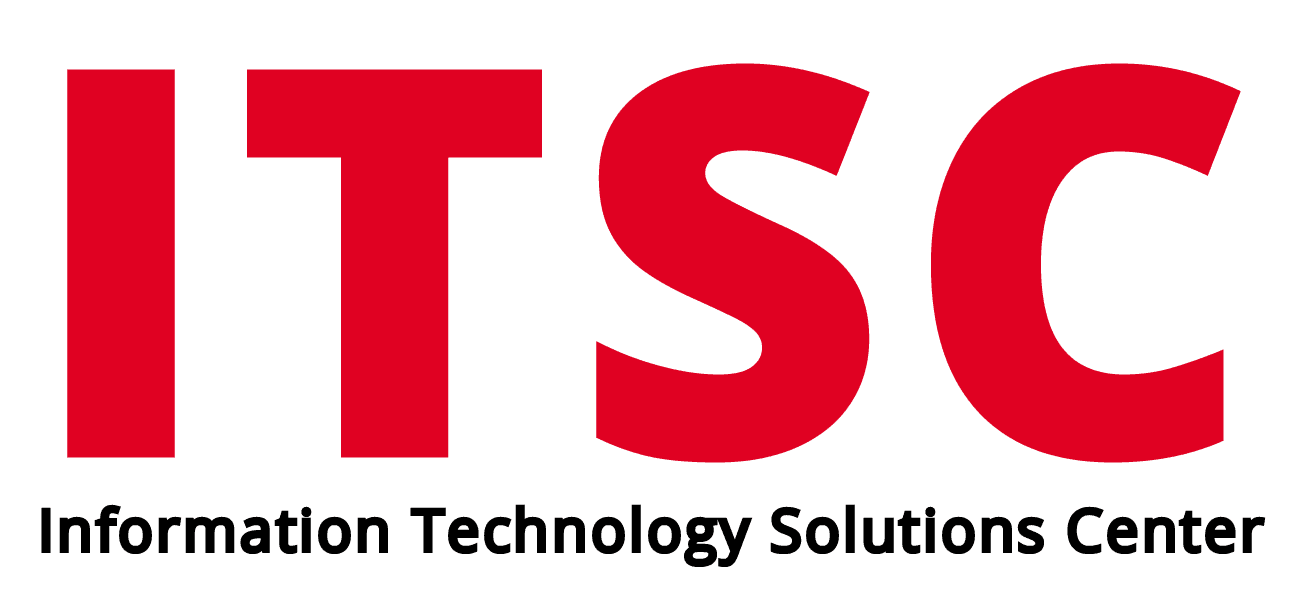Abstract
By 2050, a world population of 9 billion necessitates increased agricultural productivity, minimized costs, and sustainable practices. Climate change and extreme weather further threaten food production. The FAO estimates a 70% rise in food needs, leading to resource competition and depletion. Agriculture 4.0, or smart farming, utilizes technologies like cloud computing, IoT, big data, AI, automation, robotics, and biotechnology to revolutionize agriculture. It addresses scarcity, demographics, climate change, and food waste. This integration of advanced technologies aims to optimize the value chain, improve monitoring, and reduce labor costs. It's a transformation driven by the fourth industrial revolution. To fully leverage this potential, collaboration between governments, private sectors, and stakeholders is crucial. This study reviews Agriculture 4.0, explores its technological tools, examines its advantages, and identifies challenges for worldwide adoption.
Author: Emmanuel Kojo Gyamfi









